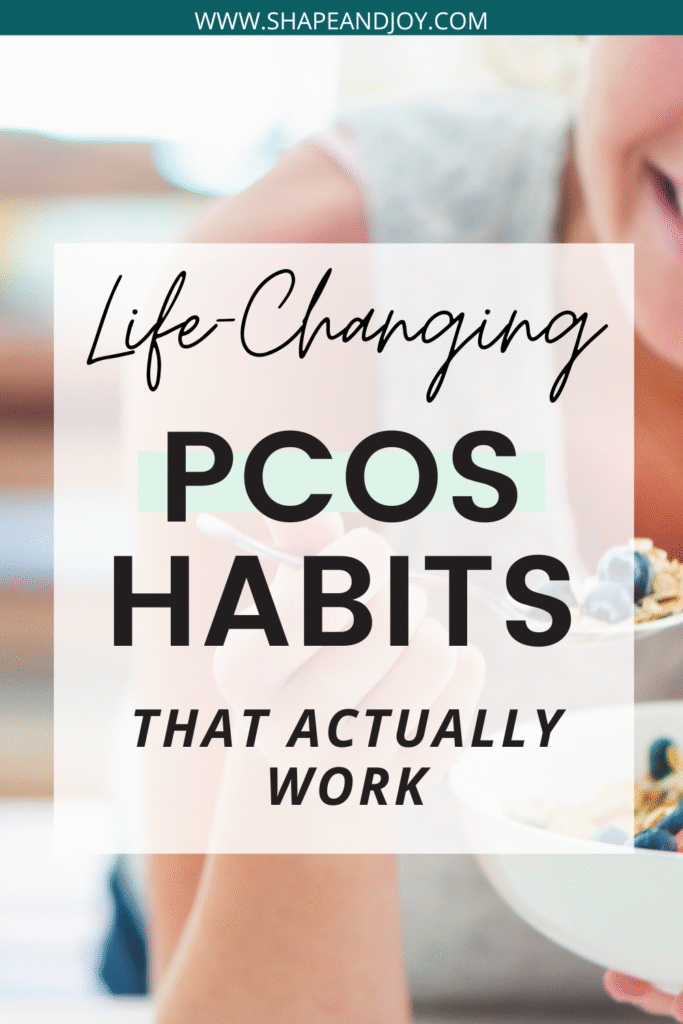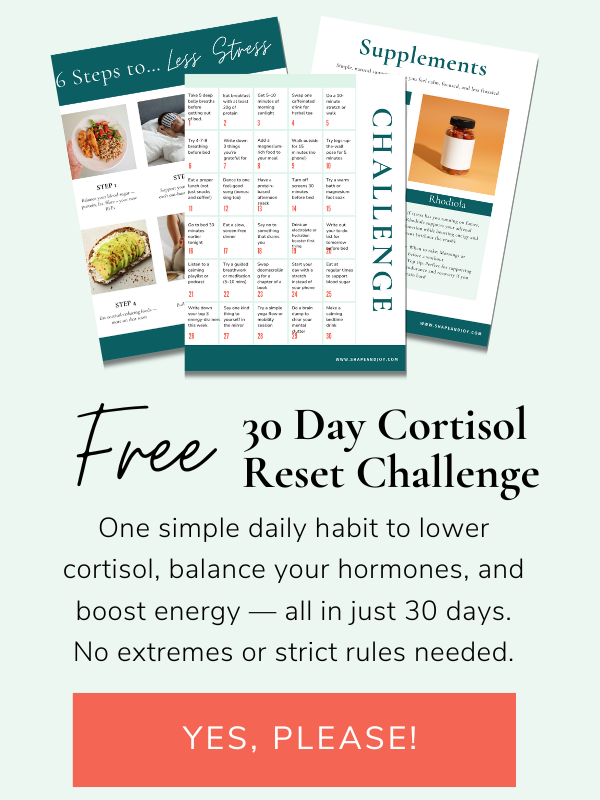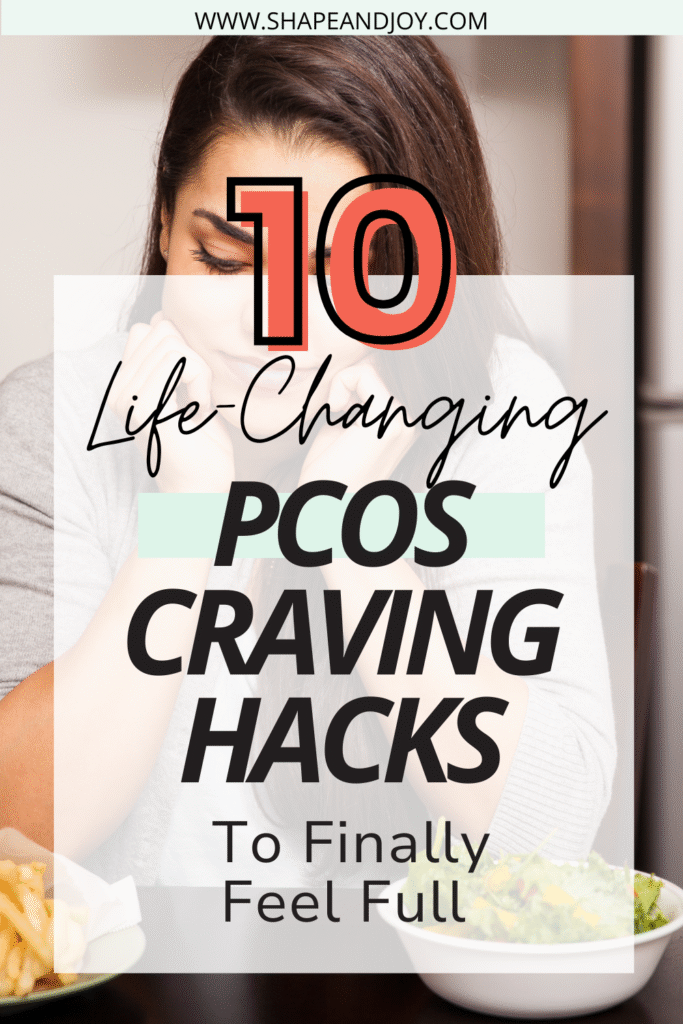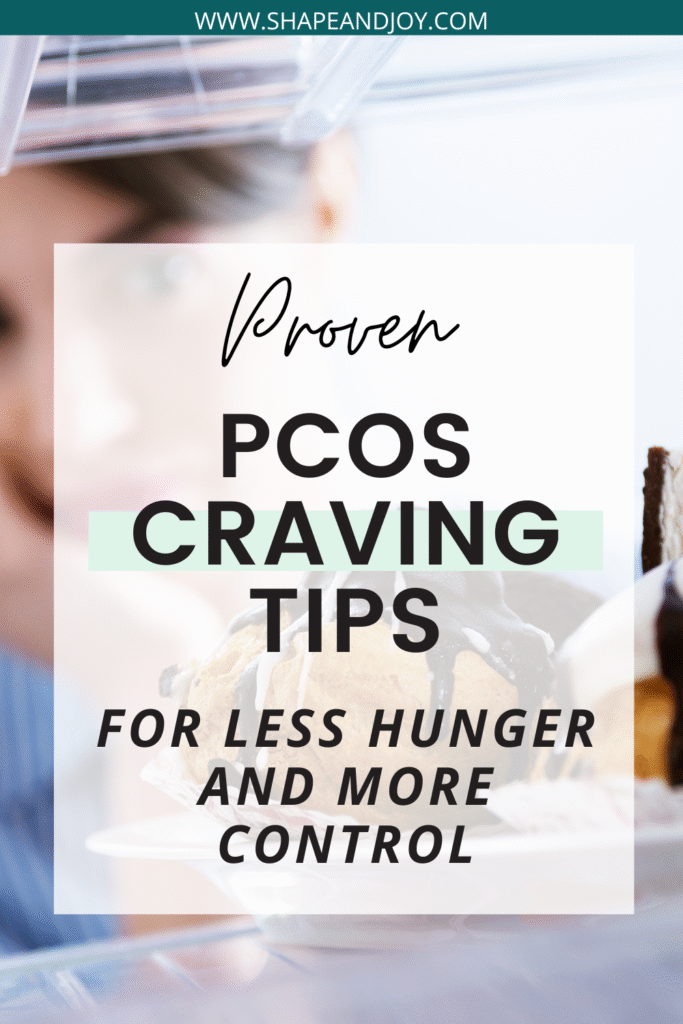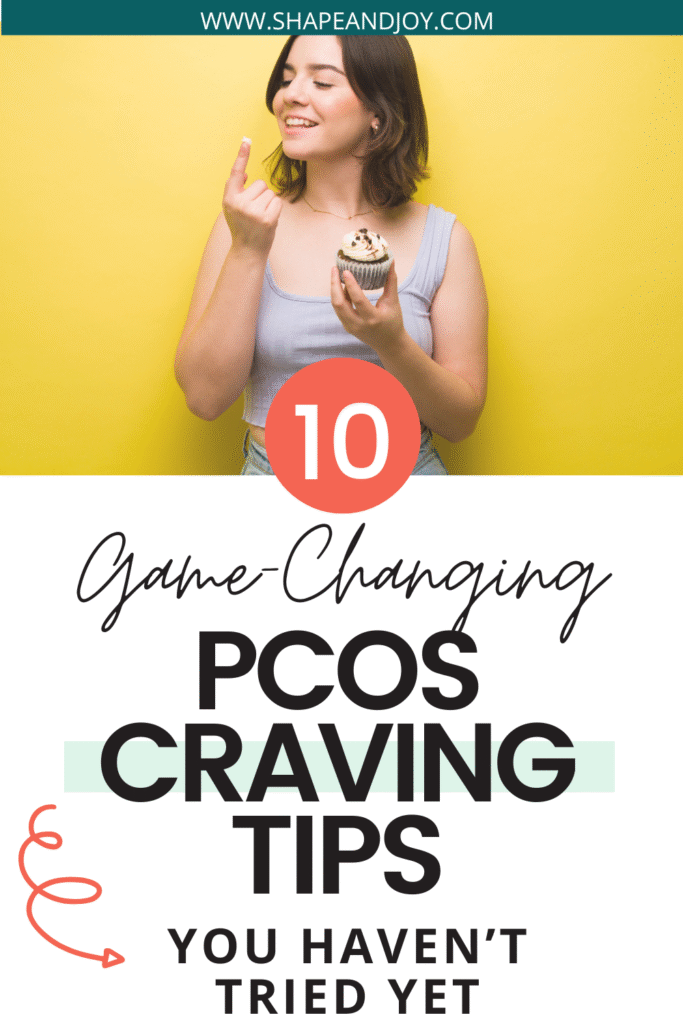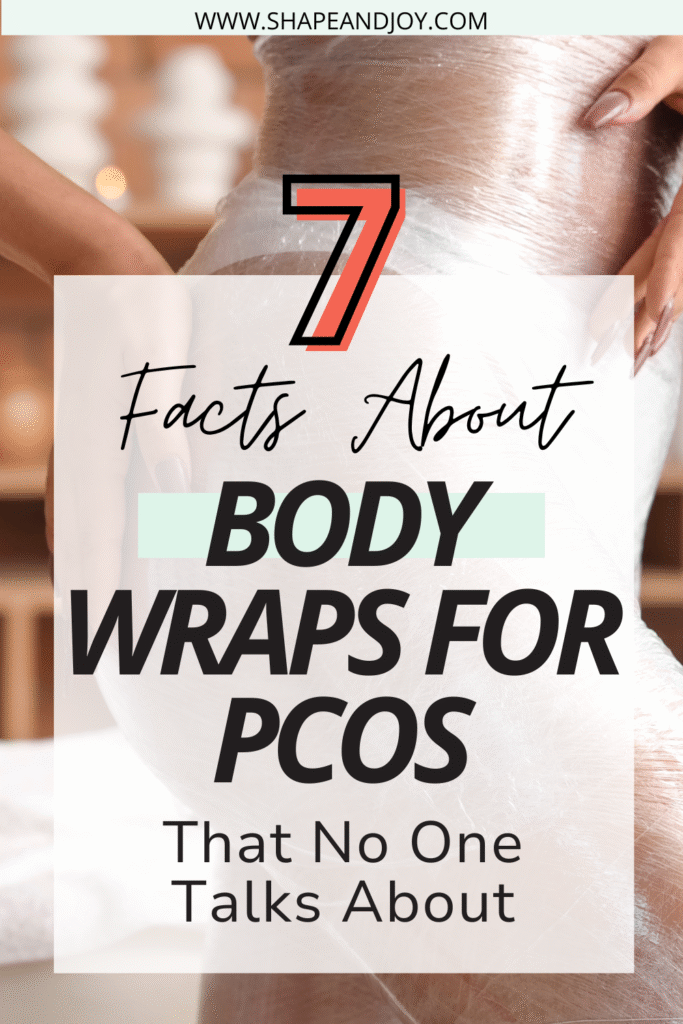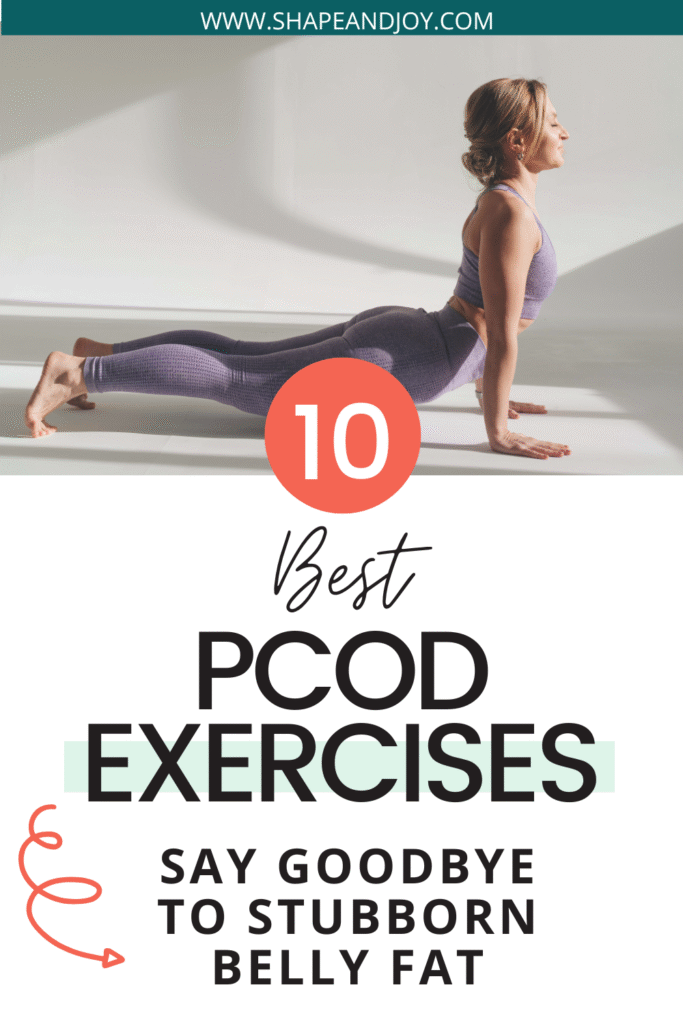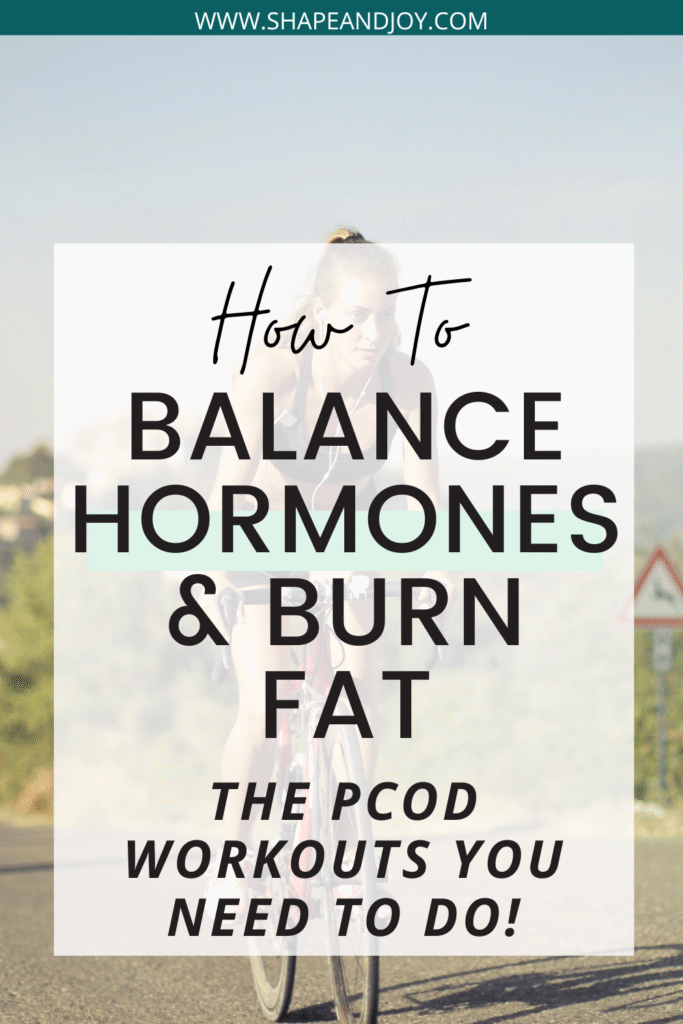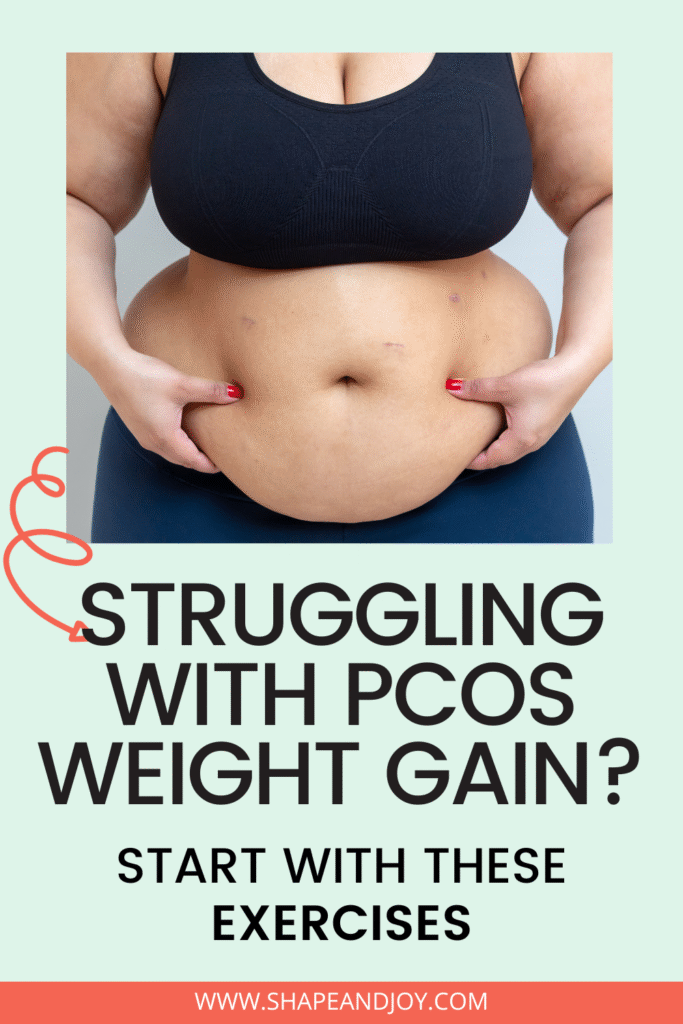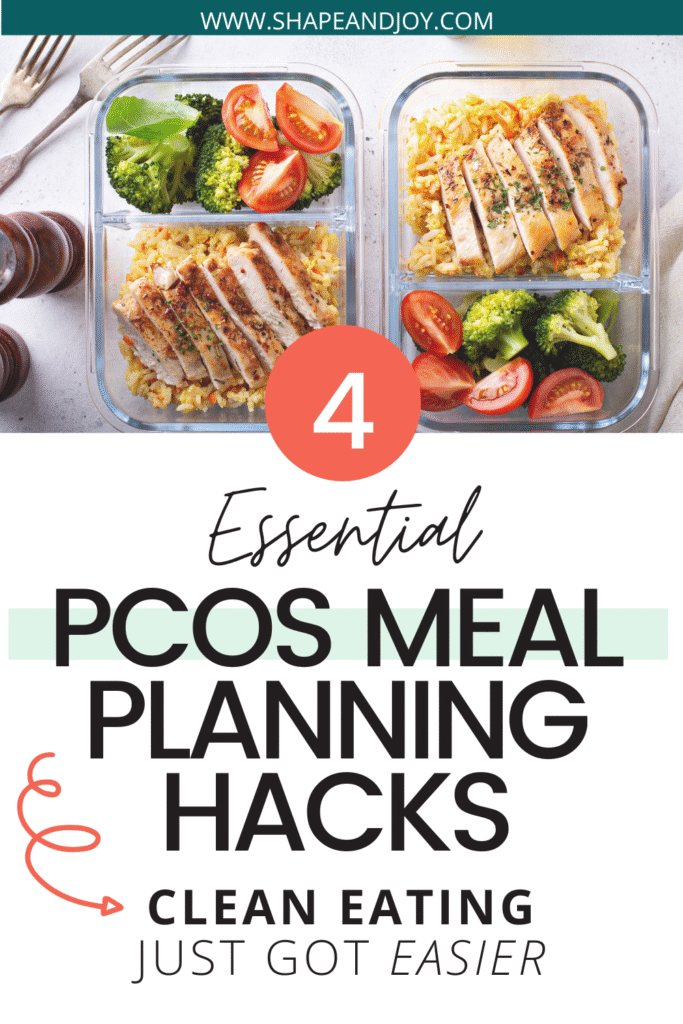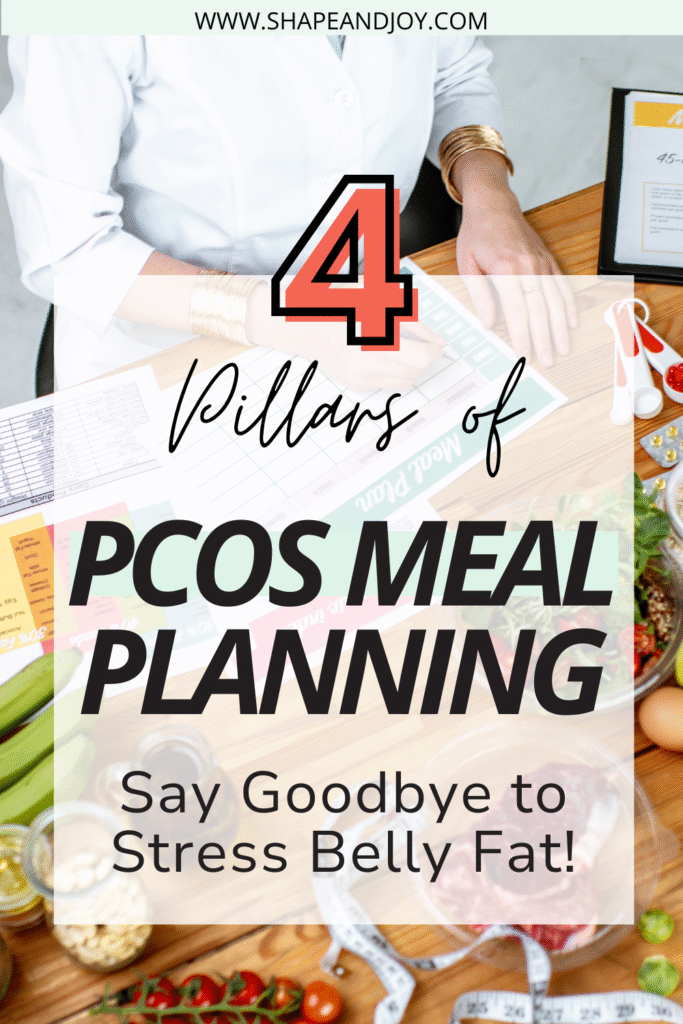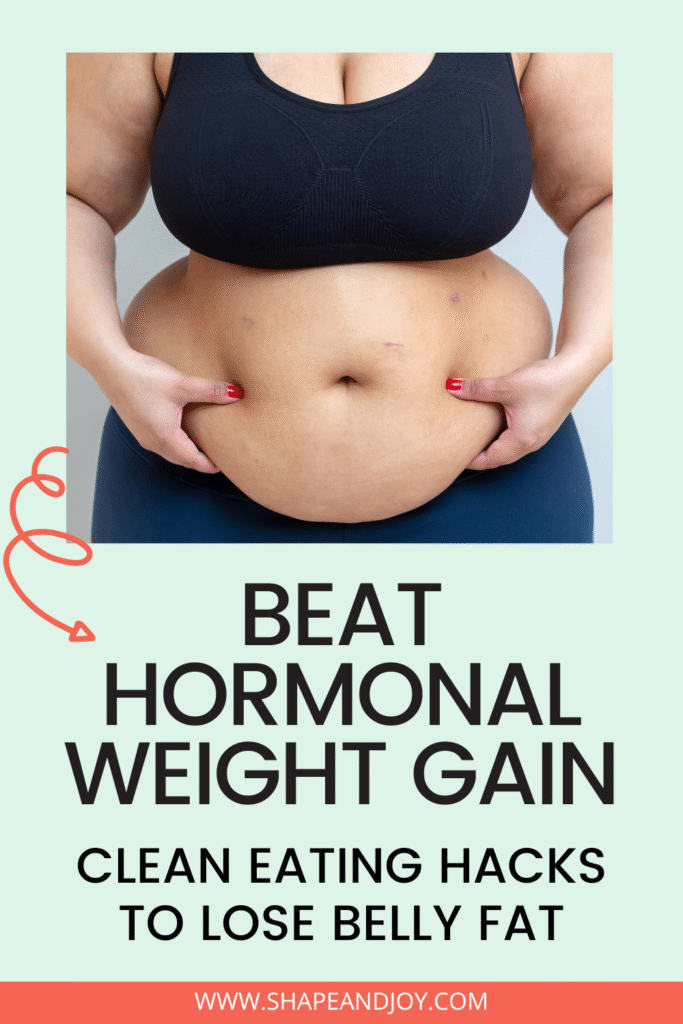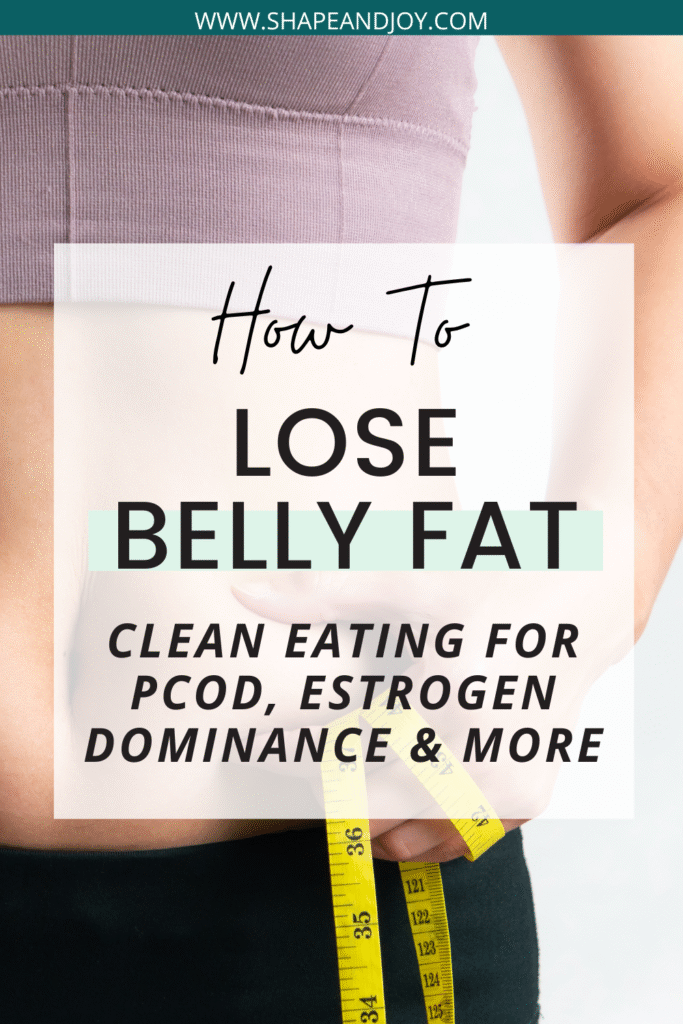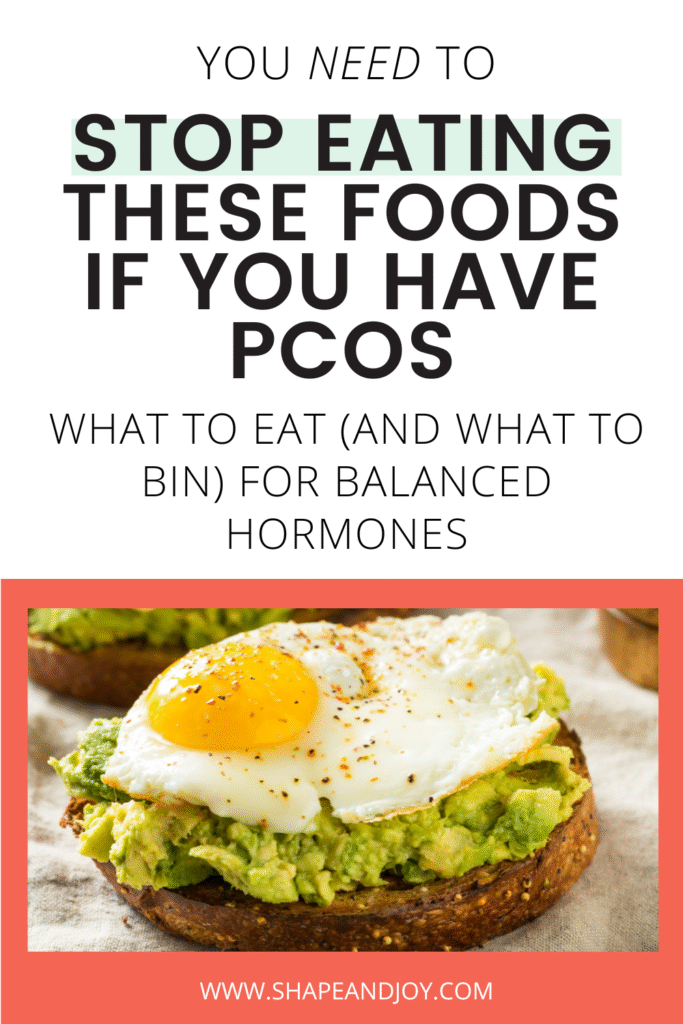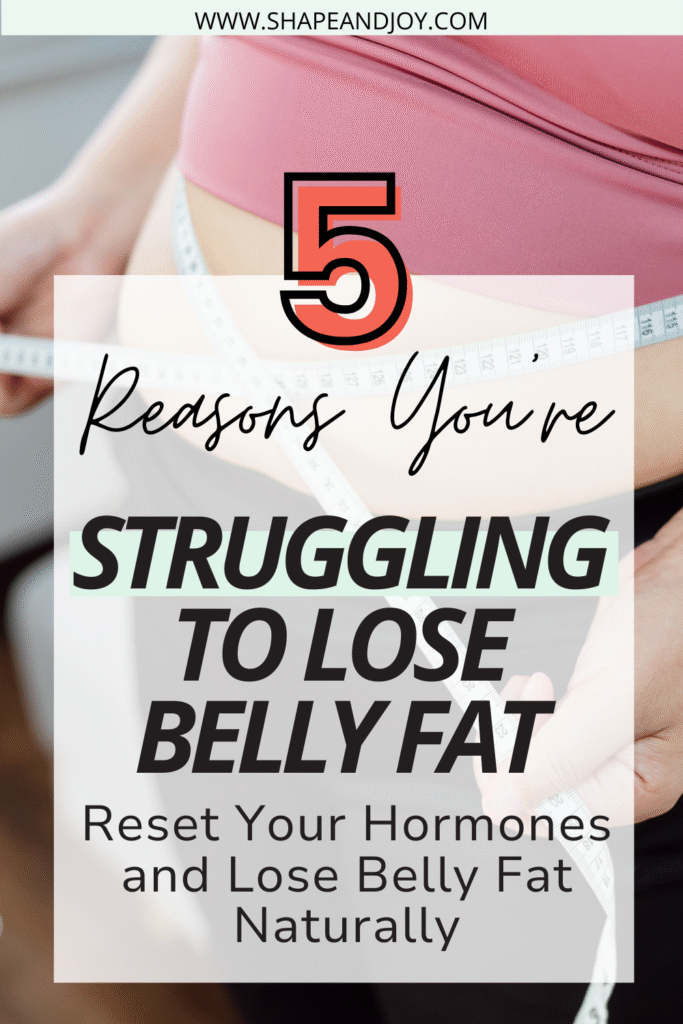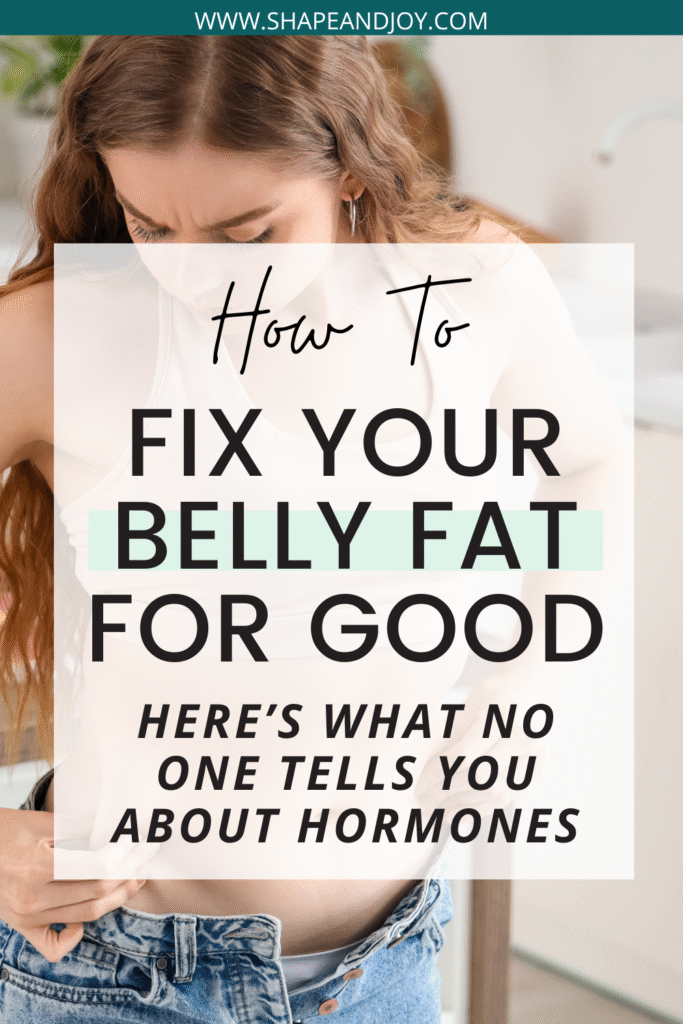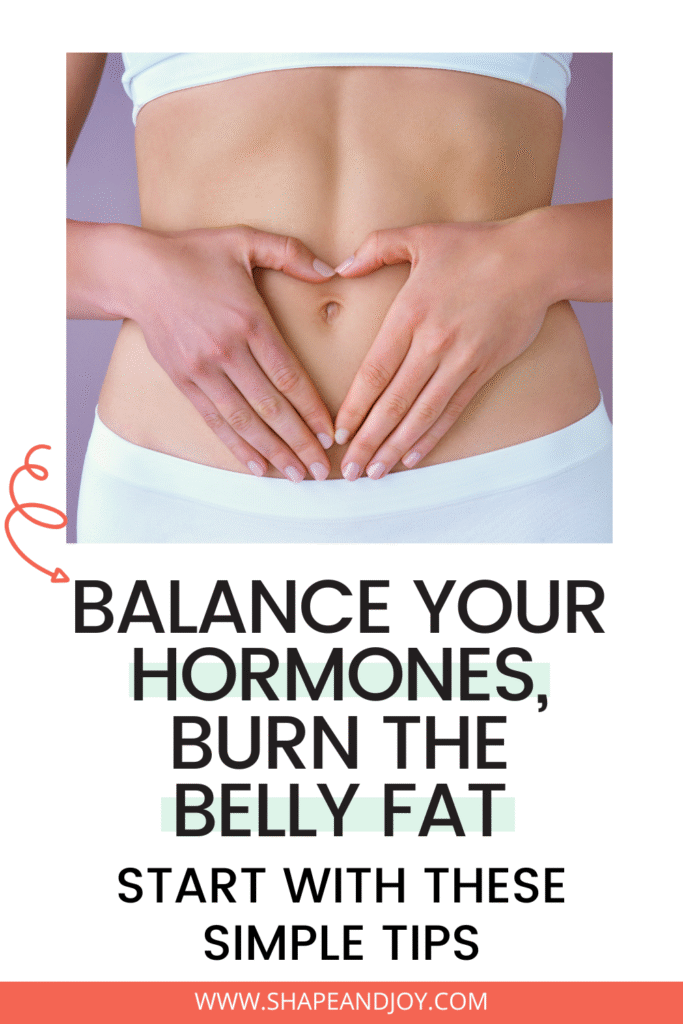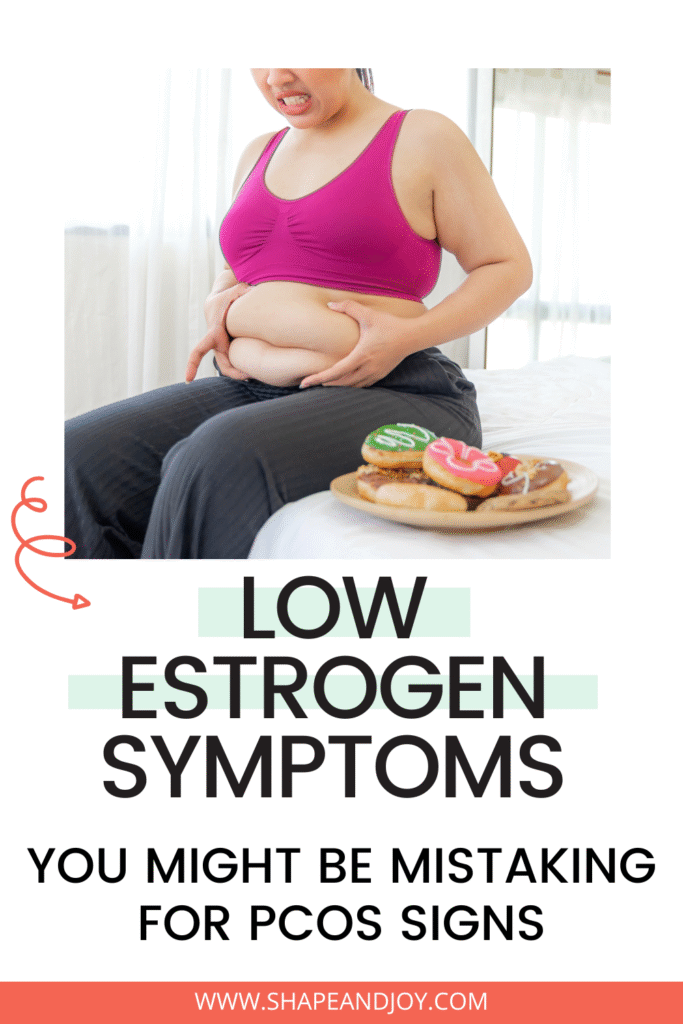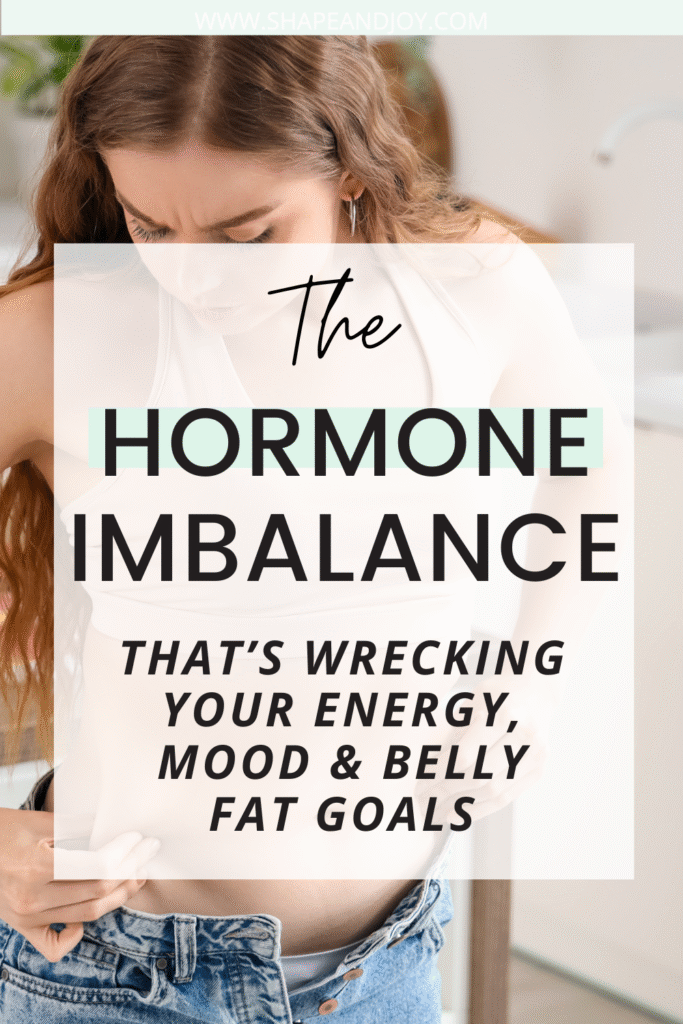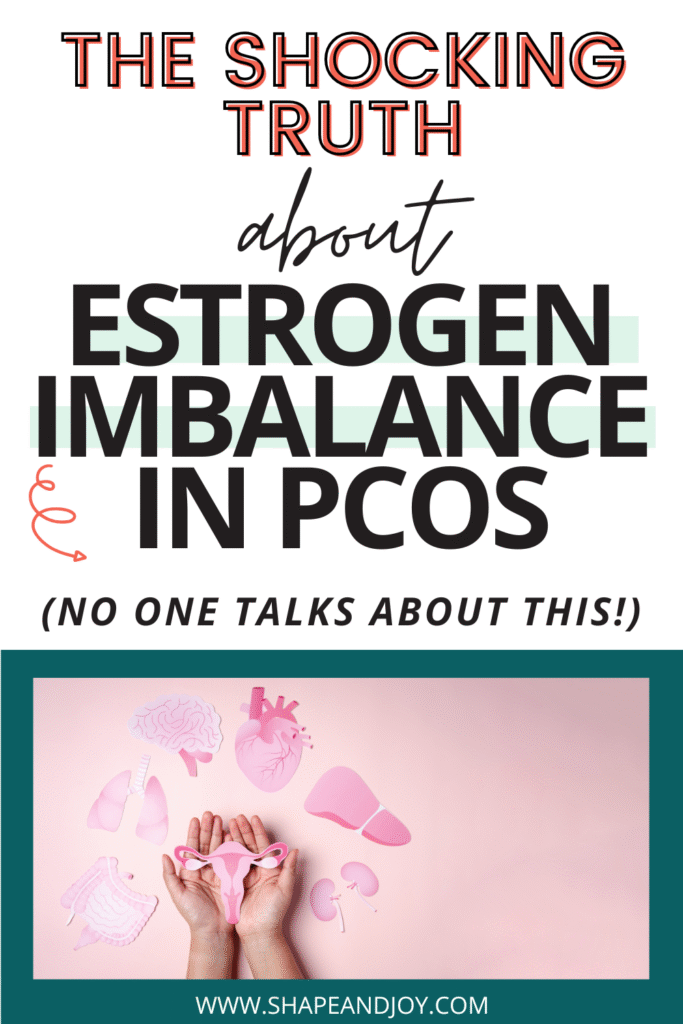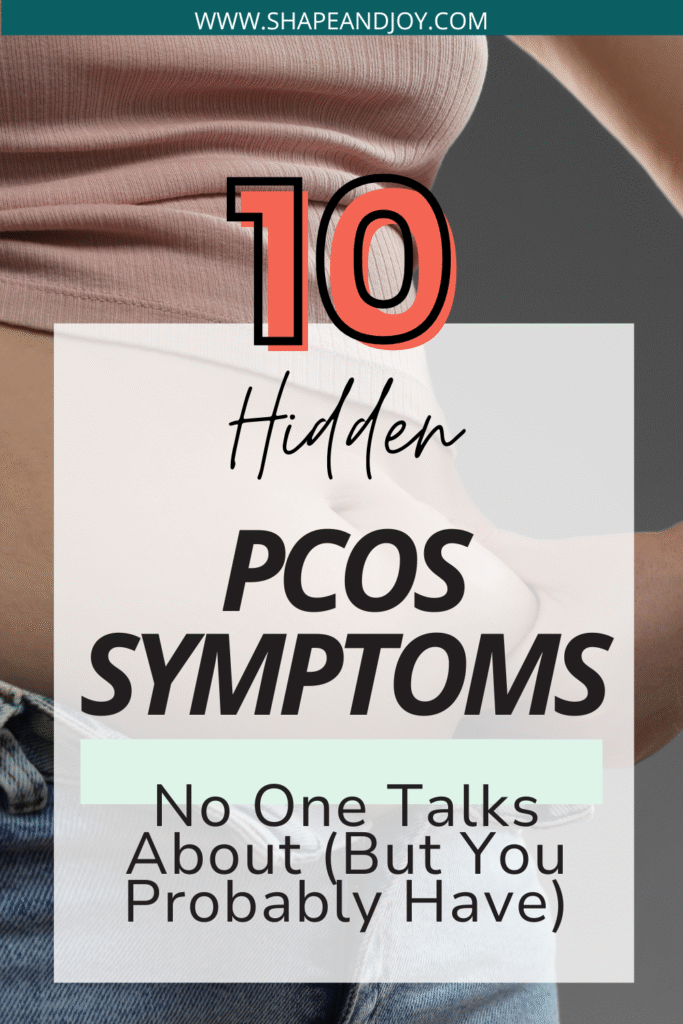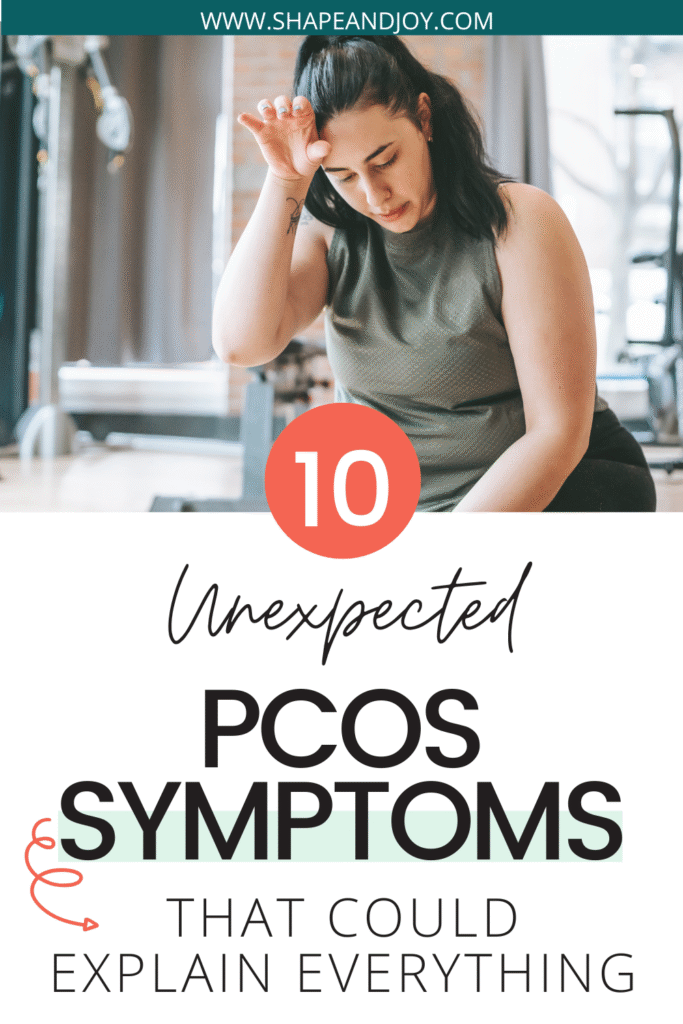The Ultimate PCOS Symptom Survival Guide: How to Balance Your Hormones

PCOS symptom confusion is real, one day it’s fatigue, the next it’s stubborn belly fat, and somehow it’s all normal?
If you’ve ever felt like your hormones are playing a game of Whac-A-Mole, you’re not alone.
Polycystic Ovarian Syndrome (PCOS) is complex, frustrating, and often totally misunderstood—even by the people meant to help.
This roundup is a guide to all things PCOS: from overlooked symptoms to diet fixes, smart workouts, and hormone hacks that actually make a difference.
We’re covering everything from estrogen dominance to cravings, from body wraps to belly bloat, and yes, we’ve got legit advice for each one.
So if you’re sick of guessing and Googling every new PCOS symptom, take a breath. You’re in the right place.
Polycystic Ovarian Syndrome (PCOS) is complex, frustrating, and often totally misunderstood, even by the people meant to help. The NHS provides a great overview of PCOS symptoms and treatment basics, but sometimes what you really need is real talk and next steps.
1. 10 PCOS Symptoms You’re Probably Ignoring (But Shouldn’t Be)
For when you know something feels off, but you’ve been told “it’s probably just stress.”
This post breaks down the lesser-known symptoms of PCOS that most women (and honestly, most doctors) overlook, from chronic fatigue to skin issues and sneaky mood swings. If you’ve been living with frustrating symptoms and no clear answers, start here.
You’ll learn:
- What “non-classic” PCOS symptoms to look for
- Why they often get misdiagnosed or ignored
- How to connect the dots and get proactive with your health
Go to Post: 10 PCOS Symptoms You’re Probably Ignoring (But Shouldn’t Be)

2. Estrogen Dominance vs. Low Estrogen: How to Spot the Difference
For when you’re moody, bloated, tired, and still not sure what your hormones are doing.
This post helps you decode whether you’re dealing with too much estrogen or low estrogen. Understanding this balance is essential to managing PCOS symptoms like bloating, fatigue, and stubborn belly fat.
You’ll learn:
- The key signs of low vs. high estrogen
- What drives estrogen imbalance in PCOS
- Steps to support hormonal balance naturally
Go to Post: Estrogen Dominance vs. Low Estrogen: How to Spot the Difference

3. Why You Still Have Stubborn Belly Fat (Even When You’re Doing Everything “Right”)
For when you’re eating clean, working out, and still not seeing results.
If you’re wondering why that hormonal tummy won’t shift, this post explains what’s actually going on with your cortisol, insulin, and metabolism, and what to do instead of just doubling down on cardio.
You’ll learn:
- Why your hormones love storing fat around your middle
- The real role of stress, insulin, and inflammation
- How to start shifting belly fat without starving yourself
Go to Post: Why You Still Have Stubborn Belly Fat

4. The PCOS Hormone-Balancing Healthy Diet Plan
For when you want food that fuels your hormones and tastes good.
This post gives you a practical, delicious way to eat for hormone health. No fads, no deprivation, just simple, whole foods to reduce inflammation, stabilise blood sugar, and support PCOS from the inside out.
You’ll learn:
- What a hormone-friendly plate actually looks like
- How to reduce cravings and fatigue with real food
- Easy swaps using clean eating, dairy free and gluten free recipes
Go to Post: The PCOS Hormone-Balancing Healthy Diet Plan
📌 Pin this for later! ⬇

5. PCOS-Friendly Meal Planning: How to Build a Weekly Menu That Works
For when you’re sick of decision fatigue and snack spirals.
This post walks you through a no-stress, flexible approach to meal planning that works with your PCOS symptom, not against them.
Perfect if you want to eat better without spending hours in the kitchen.
You’ll learn:
- How to meal plan for PCOS without obsessing
- Time-saving strategies to reduce bloat, cravings, and fatigue
- Family-friendly ideas that still support your hormones
Go to Post: PCOS-Friendly Meal Planning: How to Build a Weekly Menu That Works

6. 10 Best PCOD Exercises to Support Weight Loss and Hormone Balance
For when your workouts feel like they’re making you more tired, not stronger.
This guide covers low-impact, hormone-smart exercise for PCOD problem symptoms.
Whether you want to boost energy, lose belly fat, or reduce cortisol, these moves support your goals without burnout.
You’ll learn:
- Why typical weight-loss workouts don’t always work for PCOS
- The best types of movement for hormonal balance
- How to build an energising, realistic routine
Go to Post: 10 Best PCOD Exercises to Support Weight Loss and Hormone Balance

7. Can a Body Wrap Really Help PCOS Bloat?
For when you’re fed up with the constant bloat and need fast relief.
This post explores whether body wraps actually help with water retention, bloating, and lymphatic drainage for women with PCOS.
It’s not a miracle fix, but it can be part of your self-care toolkit.
You’ll learn:
- How PCOS-related bloating works
- What a body wrap can (and can’t) do for you
- When it’s worth trying, and how to do it safely
Go to Post: Can a Body Wrap Really Help PCOS Bloat?

8. 10 Smart Ways to Stop Cravings (A Common PCOS Symptom)
For when your blood sugar crashes hit like a freight train.
This post is your craving-crushing toolkit, packed with practical ways to calm hunger, improve satiety, and beat that late-night snack spiral, without starving or cutting everything fun.
You’ll learn:
- Why cravings are often hormonal, not mental
- How to reduce blood sugar crashes with food and timing
- Smart snack ideas and nutrition fixes that keep you satisfied
Go to Post: 10 Smart Ways to Stop PCOS Cravings (Without Going Hungry)

9. 7 Daily Habits That Help Balance PCOS (Without Overhauling Your Life)
For when you’re ready to feel better every day, without a full-on lifestyle makeover.
This post gives you a realistic, feel-good routine to support your hormones with small daily wins, from what to drink first thing to how to wind down at night.
It’s where everything comes together.
You’ll learn:
- The best morning + evening routines for PCOS
- Tiny shifts that reduce symptoms like fatigue, bloat, and cravings
- How to create momentum without getting overwhelmed
Go to Post: 7 Daily Habits That Help Balance PCOS (Without Overhauling Your Life)
Conclusion
If a PCOS symptom has left you feeling overwhelmed, exhausted, or like you’re constantly playing catch-up with your body, you’re not alone.
The truth? You don’t need to overhaul your entire life to feel better. Small, strategic changes can create big shifts in your energy, your hormones, and your confidence.
Whether you’re rebuilding your daily routine, tweaking your meals, or finally understanding what your symptoms are trying to tell you, you’ve got options, and you’ve got support.
You don’t need perfection.
You need a plan that fits your life.
📌 Pin this for later! ⬇








